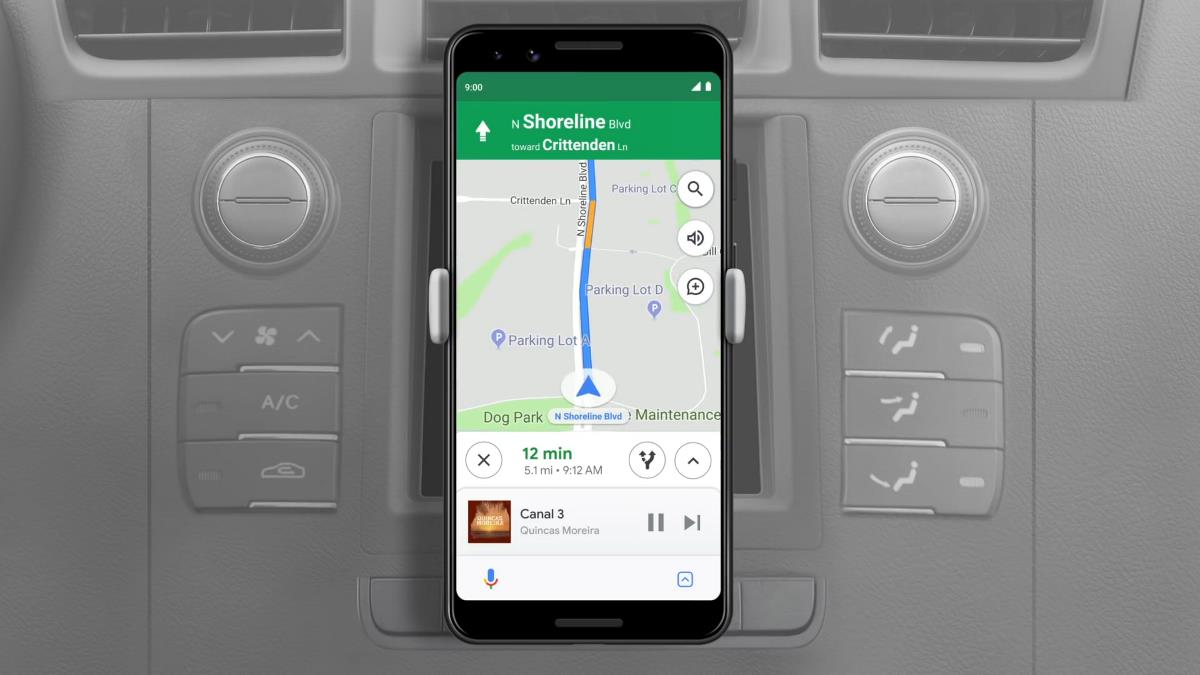Constructor
In Java, a constructor is a special method used to initialize objects. It is called when an object of a class is created. Constructors have the same name as the class and do not have a return type (not even void). Sure! Let me explain in English. Default Constructor: In Java, a default constructor is automatically provided by the Java Virtual Machine (JVM) if you don't explicitly define any constructors in the class. This default constructor has no parameters, and it initializes the instance variables with their default values (like 0 for integers, null for objects, false for booleans, etc.). How the JVM Provides a Default Constructor: If you don’t define any constructors in a class, the JVM will automatically provide a default constructor. The default constructor initializes the instance variables to their default values. For example, int variables are initialized to 0, String variables are initialized to null, and so on. Example: Default Constructor class MyClass { int x; // Default value: 0 String name; // Default value: null // No constructor is defined, so JVM provides a default constructor } public class Main { public static void main(String[] args) { MyClass obj = new MyClass(); // Using default constructor System.out.println("x: " + obj.x + ", name: " + obj.name); } } In this example: Since we didn't define any constructor, the JVM automatically provides a default constructor. The instance variables x and name are initialized with their default values: 0 and null, respectively. When Does the JVM Provide a Default Constructor? The JVM provides a default constructor when no constructors are explicitly defined in the class. It initializes instance variables to their default values. What Happens if You Define Any Constructor? If you define any constructor (whether parameterized or no-argument), the JVM will not provide a default constructor. This means that if you want a no-argument constructor, you must define it explicitly. Example: Explicit Constructor and No Default Constructor class MyClass { int x; // Explicit constructor with parameters MyClass(int value) { x = value; } } public class Main { public static void main(String[] args) { MyClass obj = new MyClass(10); // Using the parameterized constructor System.out.println("x: " + obj.x); } } In this example: Since we explicitly defined a constructor that accepts a parameter (int value), the JVM does not provide a default constructor. If we tried to create an object using new MyClass() without passing the required parameter, it would result in a compilation error. Key Points: A default constructor is automatically provided by the JVM if you don't explicitly define any constructor in the class. If you define any constructor (either parameterized or no-argument), the JVM will not provide a default constructor. If you want a no-argument constructor, you must explicitly define it. I hope this helps! Let me know if you need further clarification on this or any other topic.

In Java, a constructor is a special method used to initialize objects. It is called when an object of a class is created. Constructors have the same name as the class and do not have a return type (not even void).
Sure! Let me explain in English.
Default Constructor:
In Java, a default constructor is automatically provided by the Java Virtual Machine (JVM) if you don't explicitly define any constructors in the class. This default constructor has no parameters, and it initializes the instance variables with their default values (like 0 for integers, null for objects, false for booleans, etc.).
How the JVM Provides a Default Constructor:
If you don’t define any constructors in a class, the JVM will automatically provide a default constructor.
The default constructor initializes the instance variables to their default values. For example, int variables are initialized to 0, String variables are initialized to null, and so on.
Example: Default Constructor
class MyClass {
int x; // Default value: 0
String name; // Default value: null
// No constructor is defined, so JVM provides a default constructor
}
public class Main {
public static void main(String[] args) {
MyClass obj = new MyClass(); // Using default constructor
System.out.println("x: " + obj.x + ", name: " + obj.name);
}
}
In this example:
Since we didn't define any constructor, the JVM automatically provides a default constructor.
The instance variables x and name are initialized with their default values: 0 and null, respectively.
When Does the JVM Provide a Default Constructor?
The JVM provides a default constructor when no constructors are explicitly defined in the class.
It initializes instance variables to their default values.
What Happens if You Define Any Constructor?
If you define any constructor (whether parameterized or no-argument), the JVM will not provide a default constructor. This means that if you want a no-argument constructor, you must define it explicitly.
Example: Explicit Constructor and No Default Constructor
class MyClass {
int x;
// Explicit constructor with parameters
MyClass(int value) {
x = value;
}
}
public class Main {
public static void main(String[] args) {
MyClass obj = new MyClass(10); // Using the parameterized constructor
System.out.println("x: " + obj.x);
}
}
In this example:
Since we explicitly defined a constructor that accepts a parameter (int value), the JVM does not provide a default constructor.
If we tried to create an object using new MyClass() without passing the required parameter, it would result in a compilation error.
Key Points:
A default constructor is automatically provided by the JVM if you don't explicitly define any constructor in the class.
If you define any constructor (either parameterized or no-argument), the JVM will not provide a default constructor.
If you want a no-argument constructor, you must explicitly define it.
I hope this helps! Let me know if you need further clarification on this or any other topic.



































































































































































![[The AI Show Episode 143]: ChatGPT Revenue Surge, New AGI Timelines, Amazon’s AI Agent, Claude for Education, Model Context Protocol & LLMs Pass the Turing Test](https://www.marketingaiinstitute.com/hubfs/ep%20143%20cover.png)































































































































![[DEALS] Koofr Cloud Storage: Lifetime Subscription (1TB) (80% off) & Other Deals Up To 98% Off – Offers End Soon!](https://www.javacodegeeks.com/wp-content/uploads/2012/12/jcg-logo.jpg)





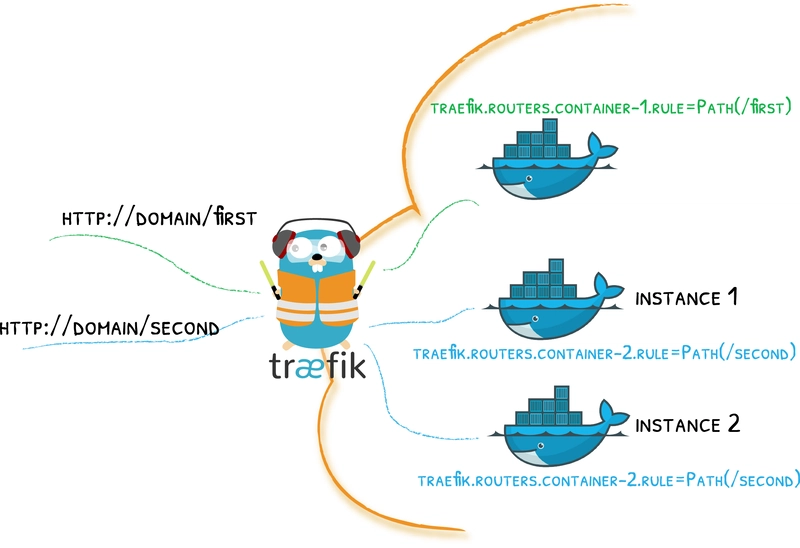








































.jpg?#)












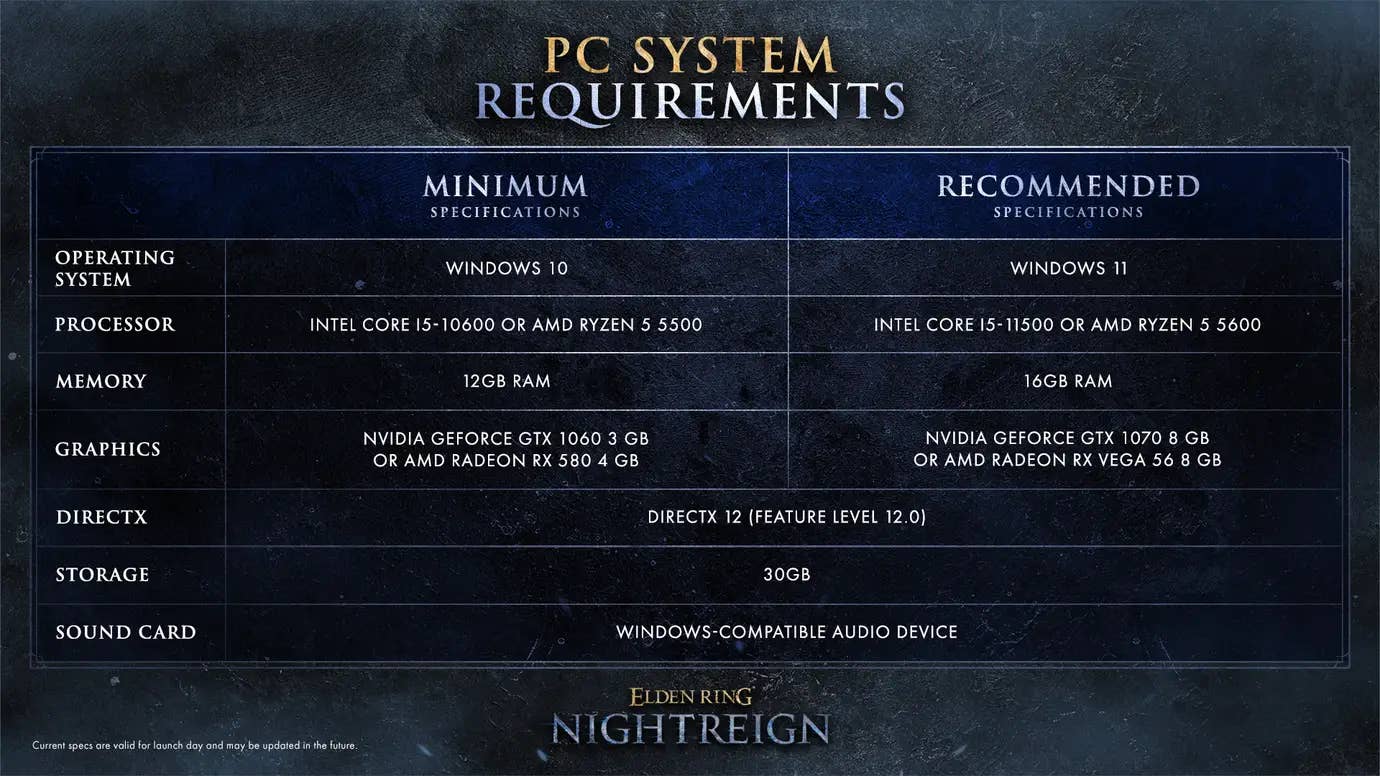













































































_Muhammad_R._Fakhrurrozi_Alamy.jpg?width=1280&auto=webp&quality=80&disable=upscale#)
_NicoElNino_Alamy.jpg?width=1280&auto=webp&quality=80&disable=upscale#)







































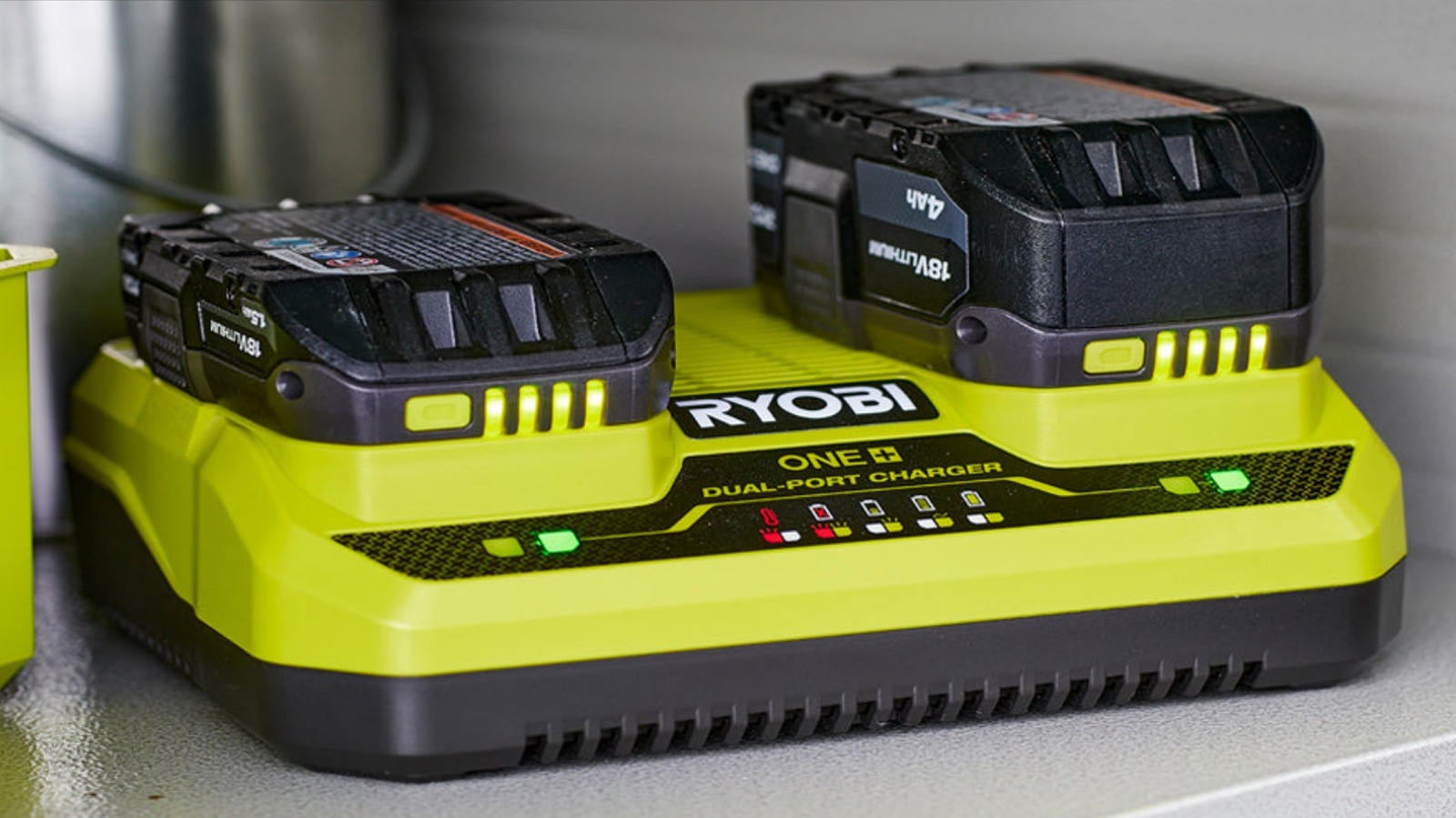
















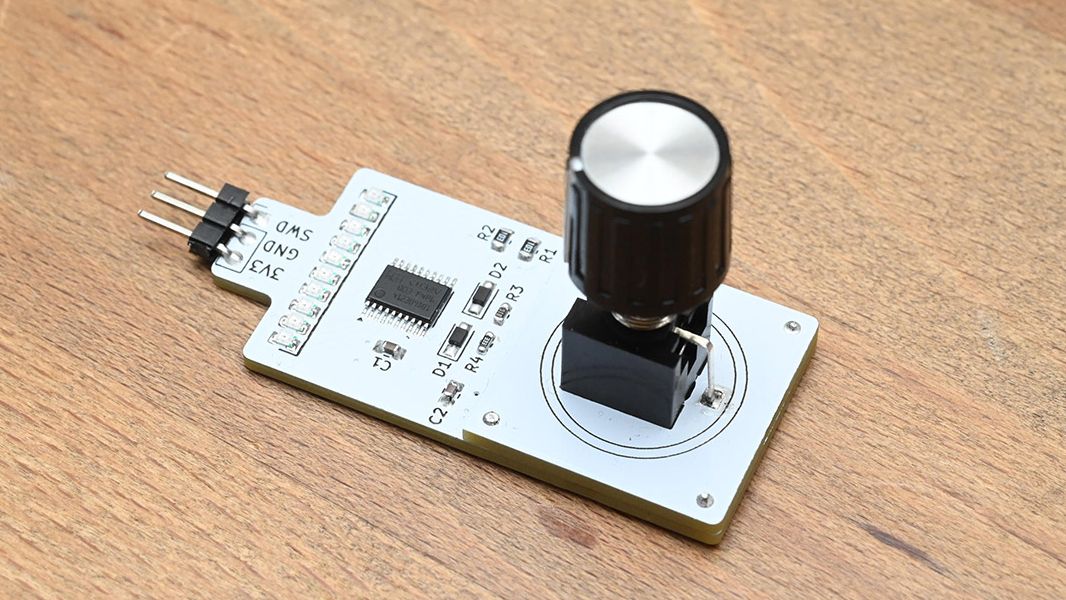




















































![M4 MacBook Air Drops to Just $849 - Act Fast! [Lowest Price Ever]](https://www.iclarified.com/images/news/97140/97140/97140-640.jpg)
![Apple Smart Glasses Not Close to Being Ready as Meta Targets 2025 [Gurman]](https://www.iclarified.com/images/news/97139/97139/97139-640.jpg)
![iPadOS 19 May Introduce Menu Bar, iOS 19 to Support External Displays [Rumor]](https://www.iclarified.com/images/news/97137/97137/97137-640.jpg)





















